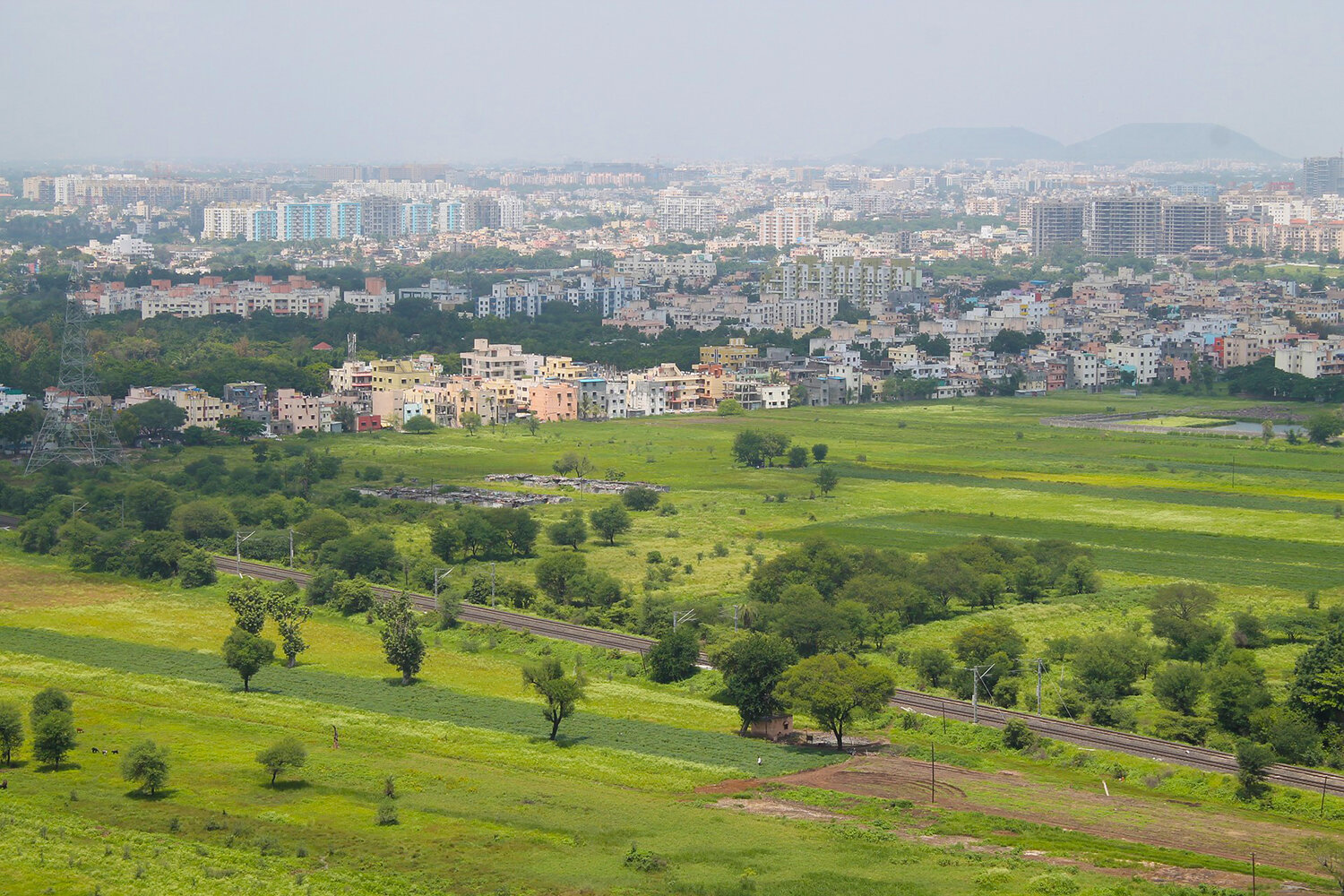To enhance sustainability and promote eco-friendly development, the Pune Municipal Corporation (PMC) has engaged in talks with the Pune forest department to address the challenge of replanting trees felled for various development projects.
With space within the city becoming increasingly scarce for large-scale replantation, the municipal body has turned to the forest department for a viable solution.
The PMC’s request to utilise land within the city’s hills for replanting trees was initially rejected by the forest department. However, a productive alternative has been offered: the department will provide the necessary land on a rental basis for a period of seven years. The forest department will spearhead the replanting efforts, which will be executed in collaboration with a non-governmental organisation (NGO). The partnership aims to ensure that the replantation process is not only executed efficiently but also maintained properly over time. In a meeting between the forest department and PMC officials on March 28, 2025, it was agreed that the municipal body would identify an NGO that would act as the third party responsible for replanting and maintaining the trees. The assistant forest range officer of the Pune division clarified, “We are discussing a tri-party agreement under which the PMC will provide the NGO for tree planting and maintenance, while the forest department will provide the necessary land for up to seven years, as stipulated in the forest laws.”
This initiative follows the 2021 amendment to the Maharashtra (Urban Areas) Protection and Preservation of Trees Act, 1975, which mandates that for every tree felled during development projects, a replacement of equivalent age should be replanted. For the PMC, this requirement extends beyond the city’s limits due to the lack of available urban space for such large-scale efforts. As a result, the municipal body has requested the forest department to allocate 200 hectares of land on the city’s hills for the purpose.
Under the new arrangement, the PMC will bear the costs of providing water and looking after the trees for the first five years following the replanting. However, the forest department will retain ownership of the land, ensuring long-term environmental protection and stewardship. The agreement also stipulates that the trees will be managed and maintained on behalf of both parties, with oversight from the relevant authorities.
The collaboration with the forest department represents a progressive step in urban environmental management. By committing to replant trees in locations away from the dense urban sprawl, the project not only aims to offset the loss of green cover due to development but also contributes to creating a more sustainable and biodiverse urban environment in Pune.
The chief superintendent of the PMC’s garden department confirmed that the details of the agreement will be finalised in the coming weeks, with a formal memorandum of understanding (MoU) to be signed after further discussions. “In the upcoming meeting, we will finalise the draft agreement and move towards the execution of the project,” the official stated. This collaboration is expected to bring significant benefits to the city’s environmental health. With urban areas expanding rapidly and green spaces diminishing, such initiatives play a vital role in preserving Pune’s natural resources and promoting environmental resilience. The replanting of felled trees on rented land, especially in areas that were previously not considered for urban development, will help mitigate the urban heat island effect, reduce pollution, and promote biodiversity.
Moreover, the forest department’s involvement ensures that the replantation efforts will adhere to best practices in forestry management, ensuring the long-term survival of the new plantations. As Pune continues its development trajectory, this partnership offers a blueprint for other urban centres grappling with similar environmental challenges, aligning urban growth with sustainable, eco-friendly practices. While the project’s immediate focus is on replacing trees lost to urban development, it also opens up opportunities for future green initiatives in Pune, potentially setting the stage for more extensive green spaces and urban forest conservation strategies in the years to come. Through collaborations like these, Pune is working towards becoming a model for sustainable urban growth, where the environment and development can coexist harmoniously.


